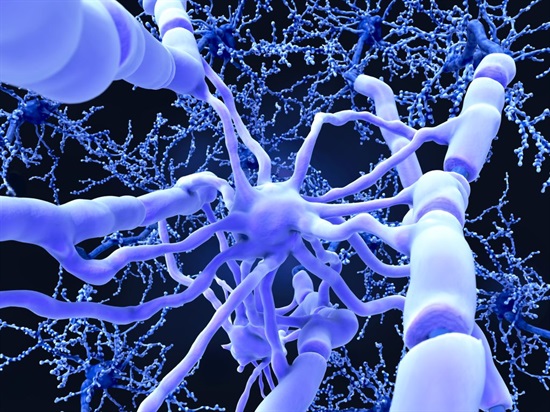Scientists Have Breakthrough in Treating Multiple Sclerosis and Reconstruction of Myelin

Multiple Sclerosis (MS) is a chronic disease that affects the protective sheath that surrounds the nerve fibers of the spinal cord and brain, known as myelin. It is estimated that over 2.3 million people in the world are affected by MS (National MS Society). There are several treatments and medications available to alleviate the symptoms of MS, but so far there is no cure.
Doctors and scientists at Oregon Health and Science University have been involved in a study to develop a drug that could potentially assist in the repairing of myelin, which could lead to a cure for MS.
Published in the journal, JCI Insight, the discovery was made involving genetically engineered mice engineered to mimic multiple sclerosis.
Senior authors Tom Scanlan, Ph.D., professor of physiology and pharmacology in the OHSU School of Medicine, and Dennis Bourdette, M.D., chair of neurology in the OHSU School of Medicine and director of the OHSU Multiple Sclerosis Center say that it could still be a few years before clinical trials will be available to test the discovery.
When available, there is a possibility of two results that would be seen in clinical trials:
- Myelin repair with minimal side effects: The study showed that the compound known as sobetirome promoted remyelination that did not show signs of the side effects that are caused by thyroid hormone therapy.
- Efficient delivery: Researchers developed a derivative of sobetirome known as Sob-AM2. This derivative penetrates the blood-brain barrier and enables a tenfold increase in infiltration to the central nervous system.
Click here to read the published study.
